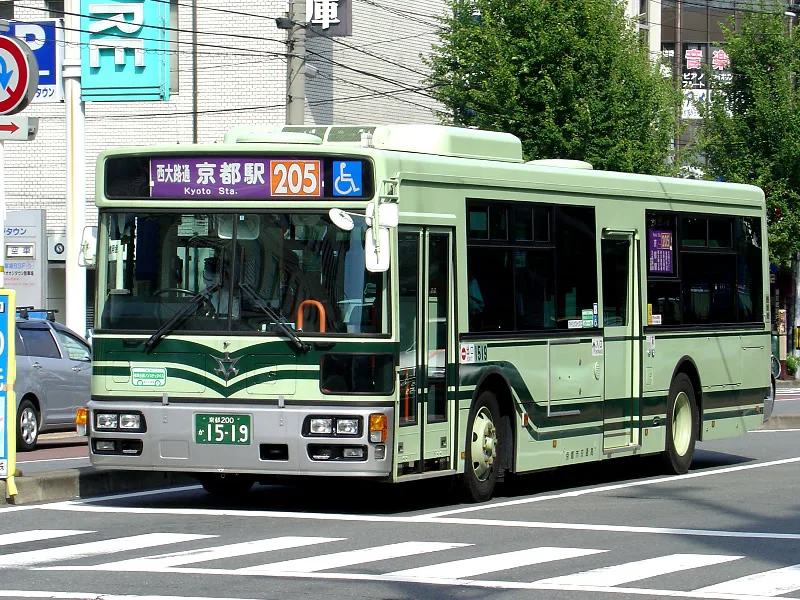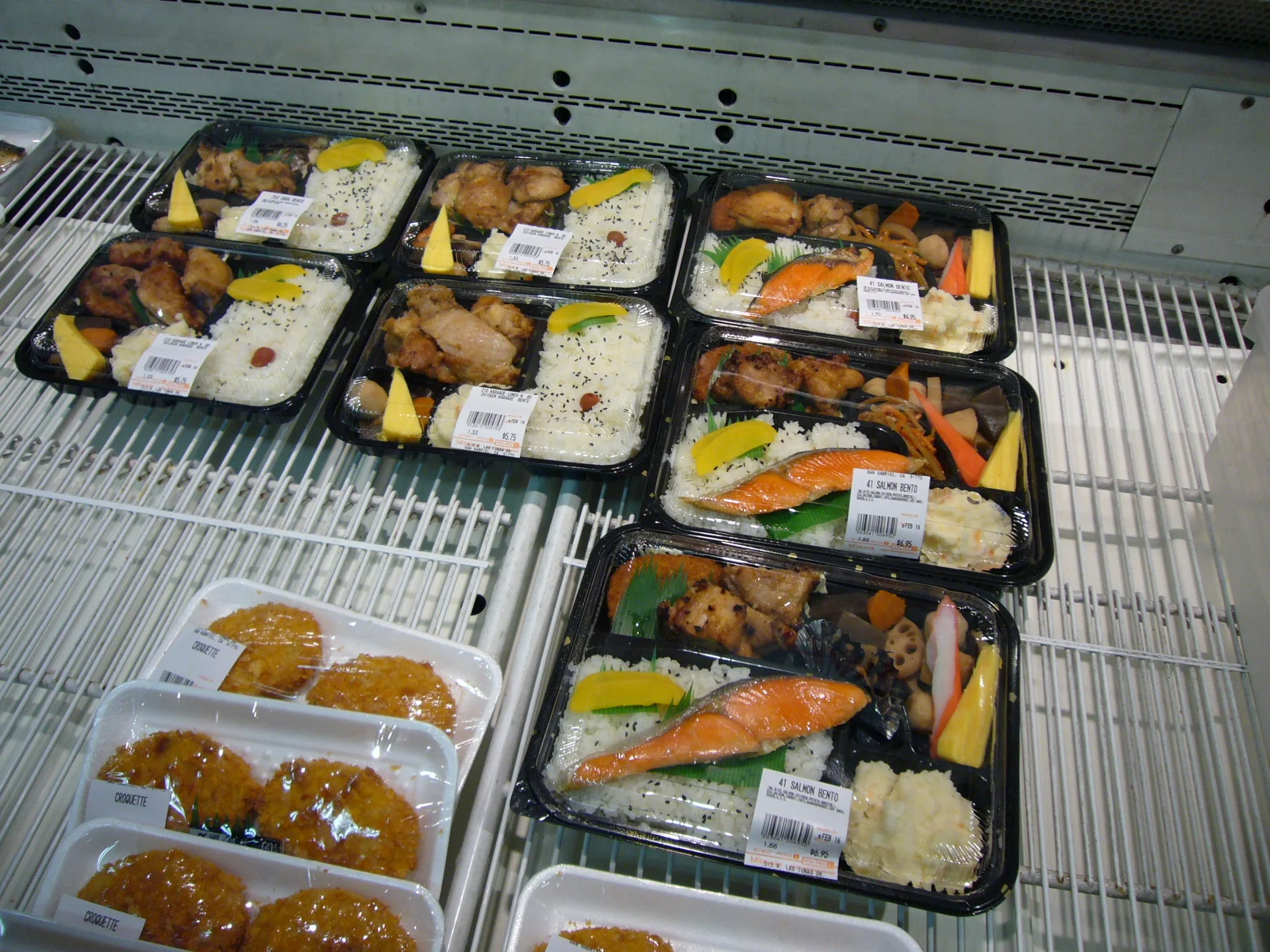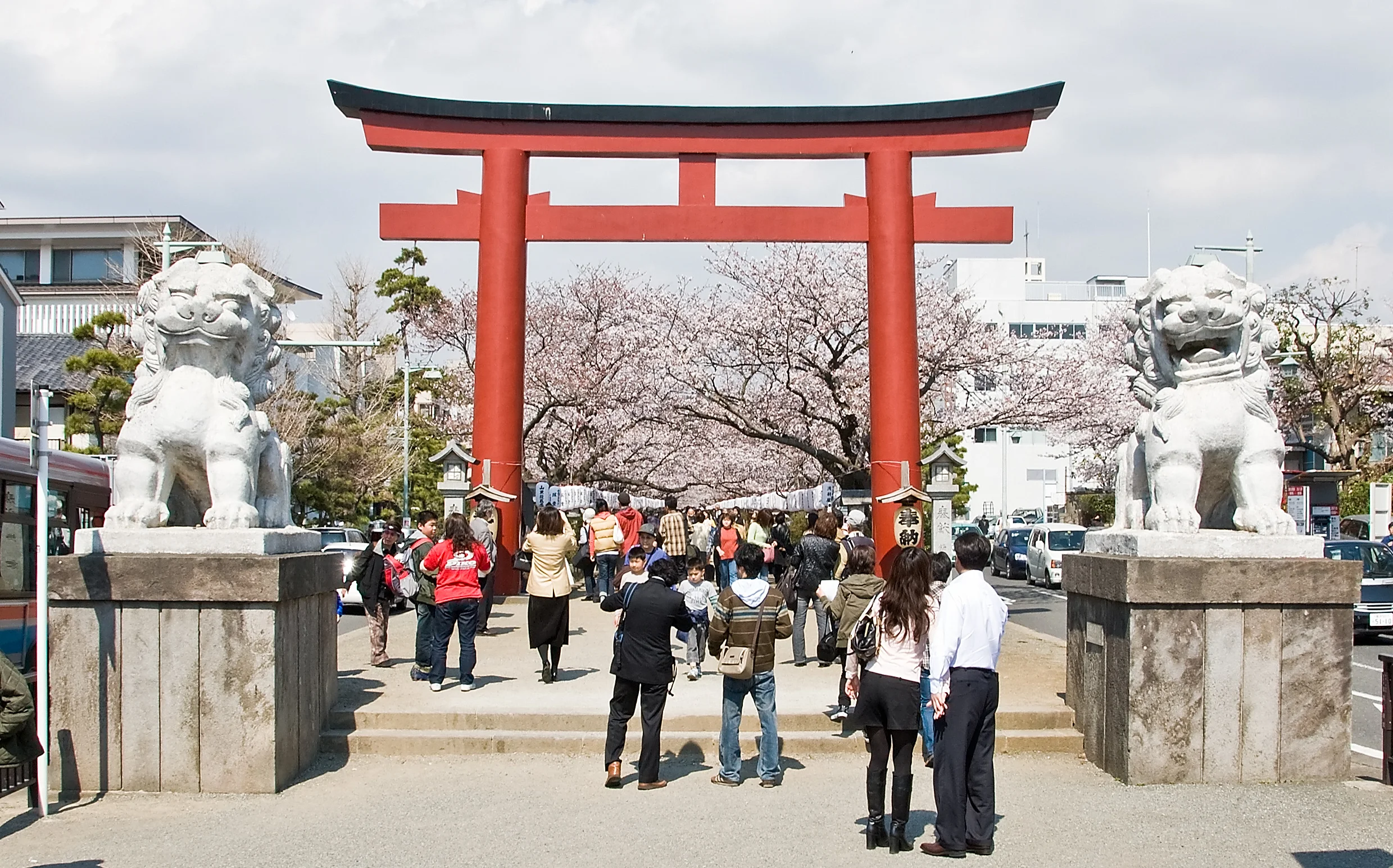6 Ways to Survive in Japan
November 11, 2017
EasyUni Staff
However, according to numbeo.com, the cost of living in Japan, especially the megalopolis areas like Tokyo, is generally 50% higher than in Kuala Lumpur, Malaysia (you might want to compare it with your city). Don’t just remove it from the list just quite yet, this article will introduce you the alternatives to help you budgeting your next Japan trip. You are welcome.
1. Train vs. Bus

Japan railway system has a high reputation for punctuality and safety, but is there a cheaper way to reach your destination? Yes! Take a bus instead! While you might think that Shinkansen can bring you to the other end of Japan faster, don’t forget the purpose of travel is to relax and enjoy the scenery. The budget buses are clean and cozy, too.
Tip: If you are taking an overnight bus, you can save on accommodation as well.
2. Give Japanese fast food a chance

Nope, we don’t mean the American fast food. The Japanese fast food is the readily made food found in the grocery stores. Yup, I'm talking about the bento, the freshly made sushi, crispy tempura, miso soup, among others. Similar to something you can get from Malaysia’s AEON supermarket store.
Also, try to recognise the list of chain: Matsuya, Sukiya, Yoshinoya, Mister Donut, MOS burger, CocoCurry House Ichibanya, etc. Most of them are available in Malaysia too! (PS:Japanese curry and okonomiyaki are definite must-try!)
Tip: Scavenge after lunch hours and during the closing time for good deals.
3. Invest in Grutt Pass

(source: tobikan.jp)
With 2,000 Yen (approximately RM75), you will be able to access over 50 impressive museums, art galleries, and attractions across the Tokyo area including the National Museum of Emerging Science and Innovation, the National Museum of Nature and Science, National Museum of Modern Art (MOMAT), and Edo-Tokyo Museum.
Tip: Buy it from Tokyo Tourist Information Centre, LIBRO, PARCO Book Center in Shibuya, Ueno Park Information, Asakusa Culture Tourist Information Center, Tourist Information Center Tokyo (TIC Tokyo), etc.
4. Compare accommodation options online

Hotels are known to be convenient, but it could be pricey. If you wish to travel from one district to another, booking a hotel for few nights is not a smart move. Try Booking.com or Lonely Planet to compare hotels, hostels, and homestays along your trip. Or if you are adventurous, try CouchSurfing and get a chance to meet friends.
Tip: Join CouchSurfing and stay nights with the locals and get to see the real side of Japan.
5. Search for Free WiFi

Show your passport to pick up your free WiFi card and enjoy free WiFi services at these locations for 14 days!
Tip: Read flets.com for detailed information.
6. Free admission

If you think you want to save on Grutt Pass, too, try to spend more time researching on shrines, temples, museums, parks, and other free places of interest. Bear in mind that free admission means there will be A LOT OF PEOPLE!
Tip: tokyocheapo.com shows the special free admission days for different attractions.
Travel Tips
When you are travelling within the busy cities of Japan, try to avoid rush hours in the morning (7.30am-9.30am) and in the evening (5pm-8pm) as it will be extremely crowded at public transport hubs.
Moving around
Also, even though Japan is well-connected with railway tracks, you might want to buy or rent a bicycle to getting around various nearby locations. There are decent parking areas near railway stations and shopping malls. The illegal parking bicycle will be removed by the authorities and only able to be redeemed after paying a fine.
Study in Japan
There are over 100,000 international students studying higher education in Japan. They are mainly from Asian countries (i.e. Korea, China, Taiwan, Malaysia and Vietnam). It’s easier for you to get a student visa if you can communicate in Japanese, has a prove that you are able to self-support your education, and has been accepted to a university. Alternatively, if you can't speak Japanese, you can still get a pre-college student visa to study Japanese in Japan.
Below is the 10 best universities in Japan (based on QS Ranking) that you might consider studying at:
- Kyoto University
- The University of Tokyo
- Tokyo Institute of Technology
- Osaka University
- Tohoku University
- Nagoya University
- Hokkaido University
- Kyushu University
- Waseda University
- University of Tsukuba
If you are having a second thought about the air tickets, check out our Search Results 7 Flight Booking Hacks for tips to buy the tickets at a cheaper price. Also, the sightseeing at Japan will make you feel the price is worth it. On top of that, now that you know some saving tips on how to survive in Japan, you can definitely survive the trip. If next time someone telling you travelling to Japan is expensive, show them this article. ;)
Kickstart your education in Malaysia
We'll help you find and apply for your dream university
You might be interested in...
- What to Do After IGCSE/O-Level? Best Study Pathways in Malaysia
- Why AI in Education Matters?
- EdUHK Wins Grand Prize at iCAN 2024 Achieves the Best Performance among Hong Kong Universities
- Sunway University Ranked Malaysia's No. 1 Private University in 2025
- A Sunway University Student's Journey from Cerebral Palsy to Graduation
- APU Dominates the 2024 Private Education Excellence Awards with Dual Wins
- The Young & the Wired: How Youth are Redefining the Digital Era?
- Promoting Inclusivity at Malaysian Universities: Tips for Malaysian and International Students
- Taking IELTS test in Malaysia: Tips, Tricks, and Key Info
- Sunway University Tops Times Higher (THE) Rankings in Malaysia
 +60142521561
+60142521561





